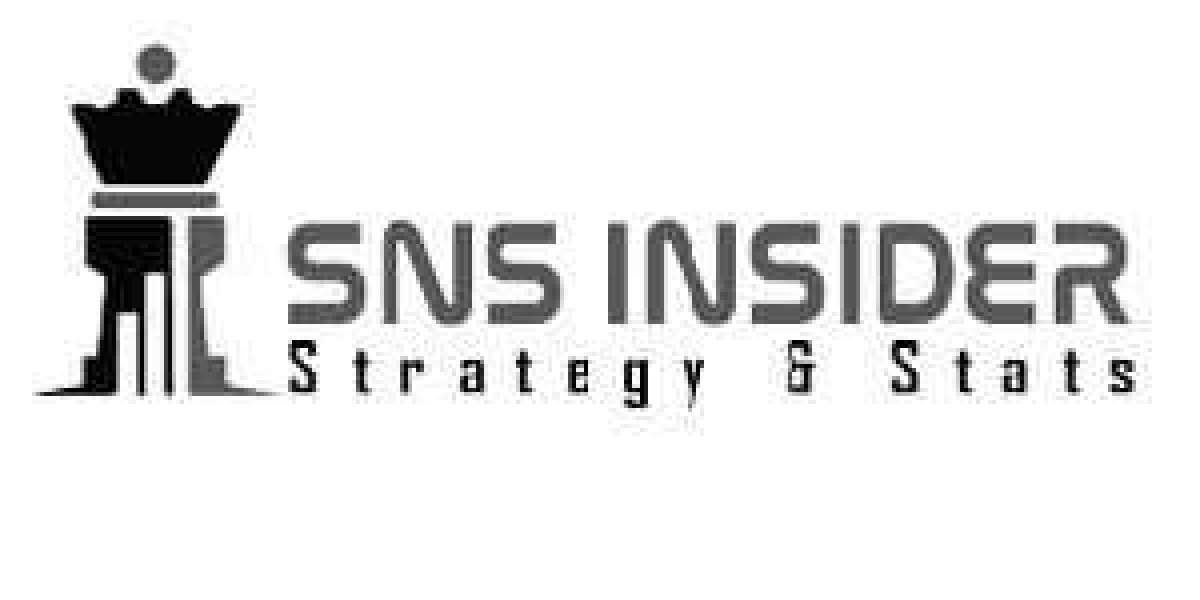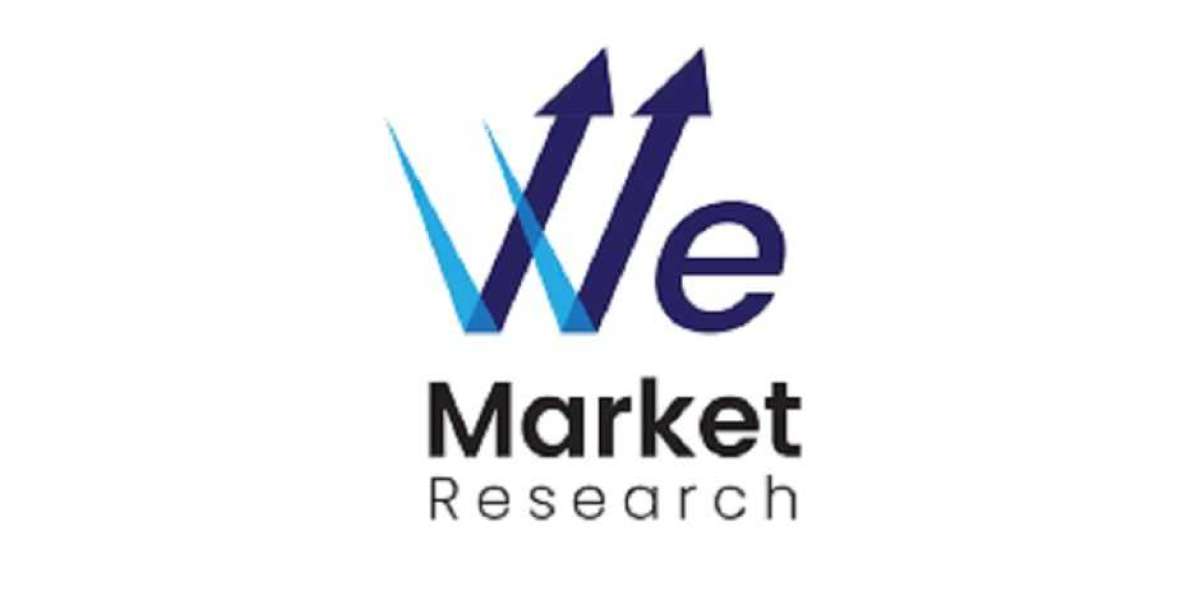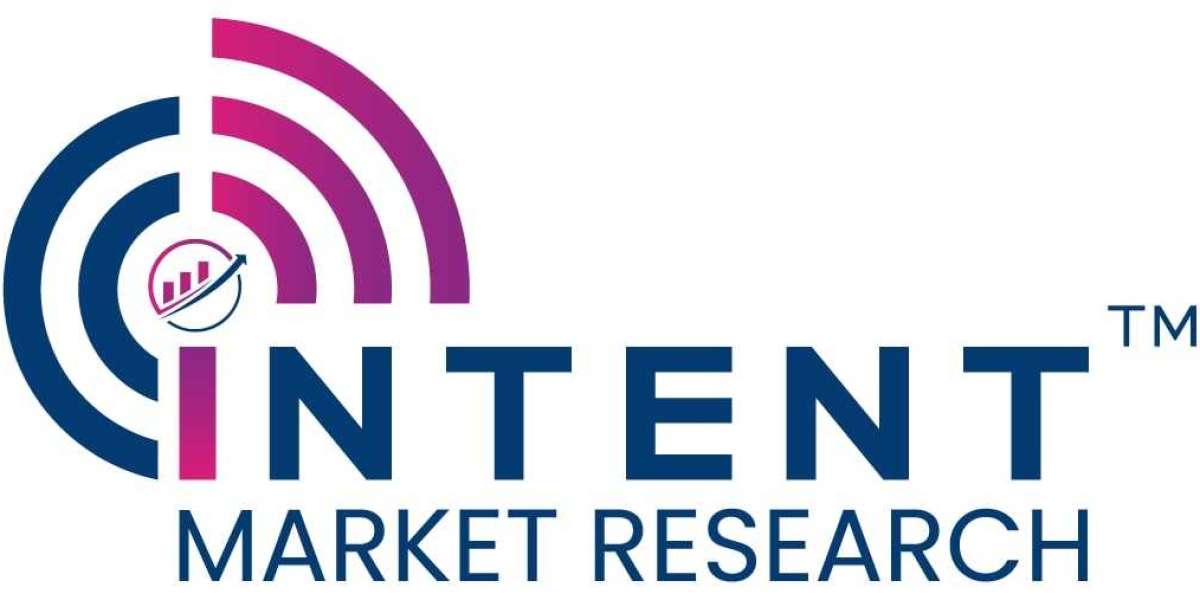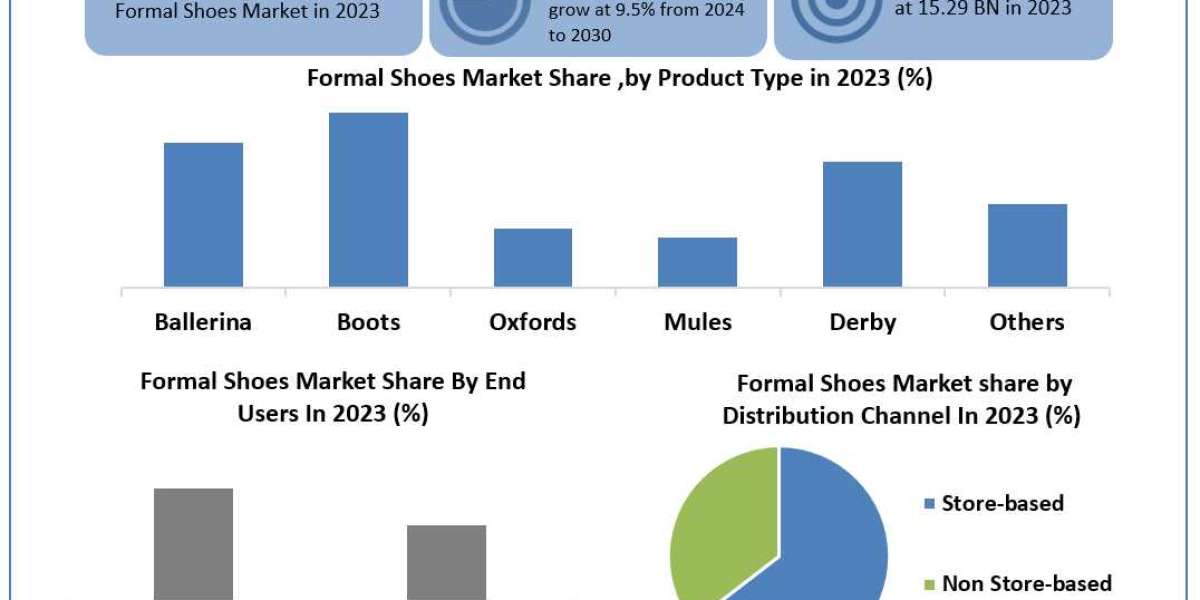Electric Bus Market Share Report Scope Analysis provides a comprehensive examination of the evolving landscape of electric buses, underscoring their pivotal role in the global shift toward sustainable transportation. This report meticulously delineates the current market dynamics, including key drivers such as technological advancements, government incentives, and shifting consumer preferences towards eco-friendly solutions. It offers an in-depth analysis of market segmentation by bus type, ranging from fully electric to hybrid models, and evaluates their respective market shares and growth trajectories. The scope further extends to a geographic breakdown, highlighting regional disparities and growth potential in emerging markets versus established economies.
In addition to market sizing and forecasting, the report integrates a thorough competitive landscape analysis, profiling major players and their strategic initiatives in the electric bus sector. This includes an examination of innovation trends, such as battery technology improvements and vehicle-to-grid integration, as well as strategic partnerships and mergers and acquisitions that are shaping the market. The analysis is complemented by a review of regulatory frameworks and policy impacts, offering a nuanced understanding of how legislative developments are influencing market opportunities and challenges. This holistic approach equips stakeholders with actionable insights to navigate the rapidly evolving electric bus market and capitalize on emerging trends.
Get a Sample PDF of Electric Bus Market Share https://www.snsinsider.com/sample-request/1220
Major Players in Electric Bus Market Share are:
- Daimler AG (Germany)
- Volvo Group (Sweden)
- Wright Enrichment Inc (U.S.)
- Shandong Yi Xing Electric Auto Co., Ltd (China)
- Proterra
- Anhui Ankai Automobile Co., Ltd (China)
- Zhongtong Bus Holding Co., Ltd (China)
- Iveco (Italy)
- Ebus (Singapore)
- BYD Auto Co., Ltd (China)
- NFI Group Inc
- Beiqi Foton Motor Co., Ltd (China)
Segmentation Analysis
The segmentation analysis of the electric bus market offers a detailed understanding of how different factors influence market dynamics and growth opportunities. The market is primarily segmented by bus type, which includes battery electric buses (BEBs), plug-in hybrid electric buses (PHEBs), and fuel cell electric buses (FCEBs). Battery electric buses, being the most prevalent, dominate the market due to their zero-emission capability and advancements in battery technology. Plug-in hybrids are gaining traction in regions with less developed charging infrastructure, providing a flexible alternative that combines electric propulsion with conventional engines. Fuel cell buses, though less common, are emerging as a promising solution for longer routes and heavy-duty applications, thanks to their rapid refuelling and extended range.
Geographical segmentation further refines the analysis by highlighting regional market trends and growth potential. North America and Europe are leading markets, driven by stringent environmental regulations and supportive government policies promoting sustainable public transport. In contrast, the Asia-Pacific region, with its large population centres and growing urbanization, represents a significant growth area, particularly due to the dominance of Chinese manufacturers like BYD and Zhongtong, who are expanding their footprint both domestically and internationally. Emerging markets in Latin America and Africa are also showing increased interest in electric buses, fueled by urban development projects and international aid. This regional breakdown underscores the diverse opportunities and challenges faced by stakeholders in different parts of the world, shaping the overall market trajectory.
Key Segments Covered in this Reports are:
By Vehicle
- Battery Electric Vehicle
- Plug-in Hybrid Electric Vehicle
- Fuel Cell Electric Vehicle
By Battery
- Lithium Nickel Manganese Cobalt Oxide
- Lithium Iron Phosphate
By Application
- Intercity
- Intracity
By End-Use
- Public
- Private
Electric Bus Market Share Drives
The electric bus market is significantly driven by a combination of technological advancements, government policies, and growing environmental awareness. Technological innovations, particularly in battery technology, are a major catalyst for market growth. Enhanced battery performance, including increased energy density and reduced charging times, has made electric buses more viable and appealing to fleet operators. Advances in electric drivetrains and energy management systems further improve efficiency and operational costs, reinforcing the shift towards electric buses as a practical alternative to traditional diesel-powered vehicles.
Government policies and incentives also play a crucial role in driving the electric bus market. Many countries and cities are implementing stringent emission regulations and offering subsidies or tax breaks for the adoption of electric vehicles. These measures not only reduce the upfront costs for operators but also create a supportive infrastructure, such as expanded charging networks, that facilitates the integration of electric buses into public transit systems. Additionally, growing public awareness and demand for sustainable transportation solutions are pushing municipalities and organizations to invest in greener technologies, accelerating the transition to electric buses and expanding their market presence.
Regional Analysis
North America is a leading region in the electric bus market, driven by progressive environmental policies and significant investments in sustainable transportation. The U.S. and Canada have introduced stringent emissions regulations and offer substantial incentives for electric bus adoption, which has spurred substantial fleet electrification projects in major cities. Companies like Proterra and NFI Group Inc. are key players in this region, advancing the development and deployment of electric buses. Despite the progress, challenges such as high upfront costs and the need for expanded charging infrastructure remain areas of focus for further growth.
Europe exhibits a robust and rapidly evolving electric bus market, characterized by strong regulatory support and high environmental standards. Countries such as Germany, Sweden, and the UK are at the forefront, with aggressive targets for reducing greenhouse gas emissions and enhancing public transportation sustainability. European manufacturers like Volvo Group and Daimler AG are actively contributing to market expansion through innovative electric bus models and technologies. The region benefits from well-developed charging networks and substantial government subsidies, which facilitate the widespread adoption of electric buses. Additionally, European cities are increasingly integrating electric buses into their transit systems to meet sustainability goals and improve urban air quality.
Asia-Pacific stands out as a high-growth region, with China being a dominant player in the global electric bus market. Chinese manufacturers such as BYD Auto Co., Ltd., Zhongtong Bus Holding Co., Ltd., and others are leading the charge, driven by the country's ambitious policies to combat air pollution and promote clean energy. Rapid urbanization and government-backed incentives are accelerating the adoption of electric buses, making China a key market for both domestic and international sales. The broader Asia-Pacific region, including countries like India and Japan, is also experiencing growth, albeit at a varied pace depending on local policies and infrastructure readiness.
Contact Us:
Akash Anand – Head of Business Development Strategy
Phone: +1-415-230-0044 (US) | +91-7798602273 (IND)
About Us:
SNS Insider is a market research and insights firm that has won several awards and earned a solid reputation for service and strategy. We are a strategic partner who can assist you in reframing issues and generating answers to the trickiest business difficulties. For greater consumer insight and client experiences, we leverage the power of experience and people.
When you employ our services, you will collaborate with qualified and experienced staff. We believe it is crucial to collaborate with our clients to ensure that each project is customized to meet their demands. Nobody knows your customers or community better than you do. Therefore, our team needs to ask the correct questions that appeal to your audience in order to collect the best information.
Related Report
Automotive Conformal Coatings Market Share



